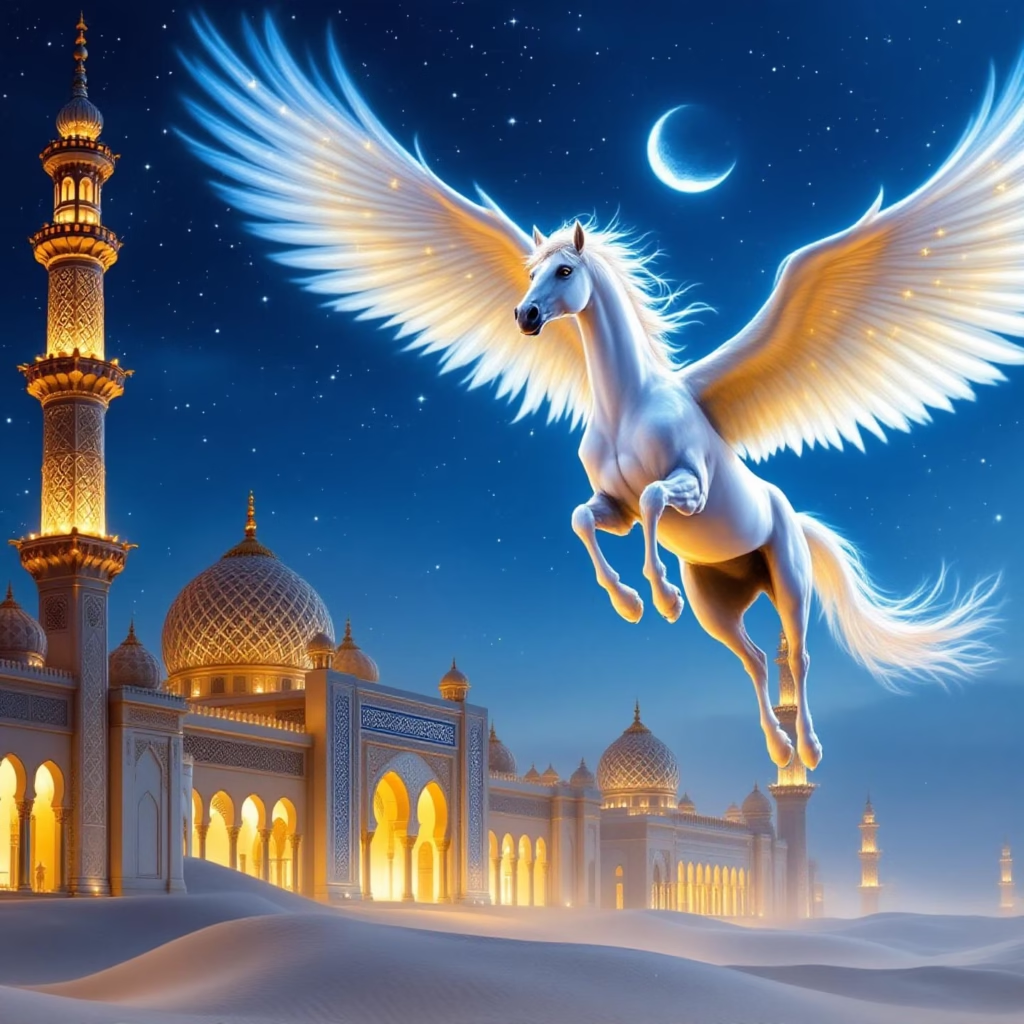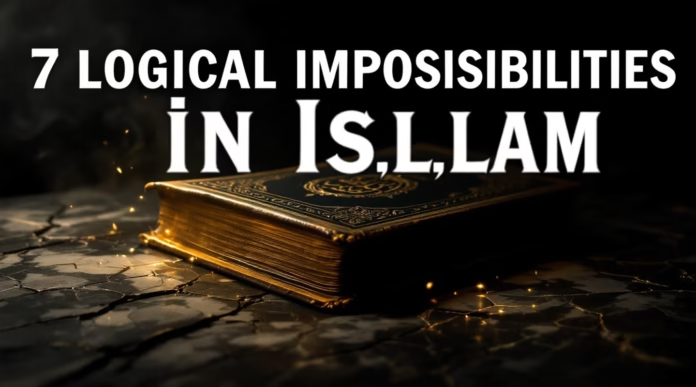Faith often asks us to believe in things that can’t always be proven, and for many, that’s part of its beauty. But when a religion makes claims that not only defy science but contradict basic logic, it raises deeper questions. Islam is often presented as a flawless, perfectly preserved faith. Yet, when we look closer, there are verses and teachings that seem impossible to reconcile with reason.
For years, I was told that questioning was a sign of weakness. I stayed silent when I noticed contradictions. I pushed aside doubts when I read passages that didn’t make sense. But eventually, those questions became too loud to ignore. This article isn’t about mocking anyone’s faith—it’s about honesty. If a religion is truly from God, it should hold up to scrutiny. If it crumbles under simple questions, maybe it’s time to reexamine it.
Here are seven verses and teachings in Islam that defy logic and reason—the ones that are rarely spoken about in sermons or Islamic lectures.

1. A Perfect Book That Needs Correction
Muslims are taught that the Quran is the flawless, unchanging word of God. Yet, the Quran itself contains verses that suggest earlier instructions were abrogated—literally replaced with new ones. In Surah 2:106, Allah says He replaces verses with “better ones.”
If this book is eternal and perfect, why would it need edits?
To complicate matters, there are multiple Quran recitations (qirat)—different versions with textual and vowel changes, like Hafs and Warsh. Most Muslims don’t even know these exist. A perfect divine message should be crystal clear, not open to interpretation or correction.
2. Six Days or Eight Days of Creation?
Surah 7:54 clearly says Allah created the world in six days. But in Surah 41:9-12, when you add up the timeline, it totals eight days. Scholars have spent centuries trying to “reinterpret” these verses to make them fit, but why would an all-knowing God make something so mathematically sloppy?
Logic tells us: If this were truly divine, there would be no confusion. Instead, we see the same contradictions we’d expect from ancient human writers piecing together myths.
3. A Merciful God Who Creates Eternal Hell
Islam preaches that Allah is Ar-Rahman, Ar-Raheem—The Most Merciful. But the same Quran promises eternal hellfire for non-believers. That means a finite life of disbelief earns infinite punishment.
This doesn’t just defy compassion; it defies basic moral logic. An all-knowing God would create humans knowing most would end up suffering forever. Why create them at all?
Even Muslim theologians have struggled with this. Some claimed hellfire is a “necessary justice,” others tried to soften the language. But no matter how you frame it, this teaching makes God sound more like a dictator than a merciful creator.
4. The Sun Setting in a Muddy Spring

One of the strangest Quranic verses is 18:86, describing Dhul-Qarnayn finding the sun setting in a “murky spring.” Defenders say this is poetic. But the plain text reads like a flat-earth worldview: a man traveled far enough to see the sun literally sink into a muddy pond.
Remember, this was written in the 7th century, long before modern astronomy. Ancient people genuinely believed the sun traveled over the earth. What’s shocking is that this supposedly “divine revelation” mirrors their flawed worldview rather than correcting it.
5. A Flat Earth Hidden in Plain Sight
Muslim apologists often claim the Quran miraculously predicted a round Earth. But verses like 88:20 (“And the earth—how it is spread out”) and 79:30 (“And the earth, He made it like a carpet”) don’t describe a sphere; they describe a flat surface.
In fact, early Muslim scholars themselves believed in a flat Earth, and this shaped Islamic cosmology for centuries. If the Quran were divine, wouldn’t it reveal scientific truths ahead of its time rather than echoing ancient beliefs?
6. Muhammad’s Night Journey on a Flying Horse

Muslims are taught that Prophet Muhammad miraculously traveled from Mecca to Jerusalem and then to the heavens in a single night, riding a mythical creature called Buraq.
When you strip away faith, this story sounds more like mythology than history. A man flying to heaven on a winged horse is no different than Greek or Hindu myths of gods riding chariots through the sky. If Islam criticizes other religions for “fairy tales,” why accept this one without question?
7. Talking Ants, Magic Birds, and Split Moons

Quran 27:18-19 claims that King Solomon could understand the speech of ants. Other verses describe birds delivering messages, and Hadith collections include the infamous story of Muhammad splitting the moon in two to prove his prophethood.
Again, these are mythological motifs seen in ancient cultures worldwide. Why would a divine religion repeat folklore instead of offering unique wisdom?
Wrapping It Up: Faith vs. Reason
These contradictions and impossibilities aren’t “hidden secrets.” They’re in the Quran and Hadith, accessible to anyone willing to read critically. Yet, most Muslims never hear about them. Imams rarely discuss these verses because they know what happens when believers start asking questions—faith crumbles.
For me, this exploration was life-changing. I used to fear doubt, thinking God would punish me for questioning. But true truth-seeking should never require blind obedience.
If a religion can’t stand up to reason, maybe it was never divine in the first place.

